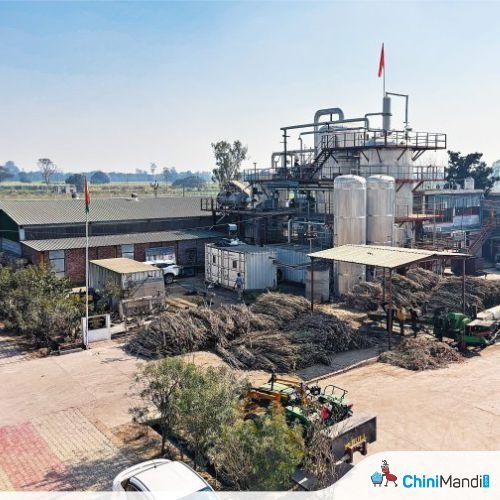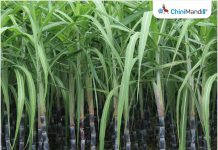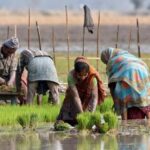The Kenya Sugar Board (KSB) has declared a three-month suspension of milling operations in both the Lower and Upper Western sugarcane growing zones due to a critical shortage of mature sugarcane, reported local media.
In an official statement, Acting CEO Jude Chesire explained that the decision was made after thorough consultations with stakeholders. The aim is to safeguard farmers and the sugar sector from continued losses resulting from processing immature cane.
“There is currently insufficient cane development to meet the milling demand, leading to the harvesting of immature cane,” Chesire stated. “As a result, farmers are experiencing reduced yields and financial setbacks.”
The suspension will affect key sugar-producing areas in the Lower Western region, including Mumias, Busia, and Siaya counties. In the Upper Western zone, operations will be halted in Bungoma, Kakamega, Trans-Nzoia, Uasin Gishu, and northern parts of Nandi County, reported The Star.
Together, these areas are vital to Kenya’s overall sugarcane production.
Chesire noted that the decision was finalized during a stakeholder meeting on Friday, July 4, at the Sarova Imperial Hotel in Kisumu. The meeting concluded that the current availability of mature cane is too low to support continued milling operations.
The suspension will begin on July 14, 2025, and will last for three months to allow for crop recovery.
In the meantime, the Sugar Board will carry out a detailed Cane Availability Survey over a two-month period. This will help determine the volume of mature cane and guide the appropriate milling capacity for each factory when operations resume.
Chesire urged millers to prioritize cane development to ensure a consistent supply of raw materials in the future, highlighting the need for strategic planning to avoid similar disruptions going forward.
Although the temporary halt is expected to reduce sugar output in the short term, officials stress that ensuring a stable cane supply is crucial for the industry’s long-term sustainability and for protecting farmers from losses linked to premature harvesting.


















